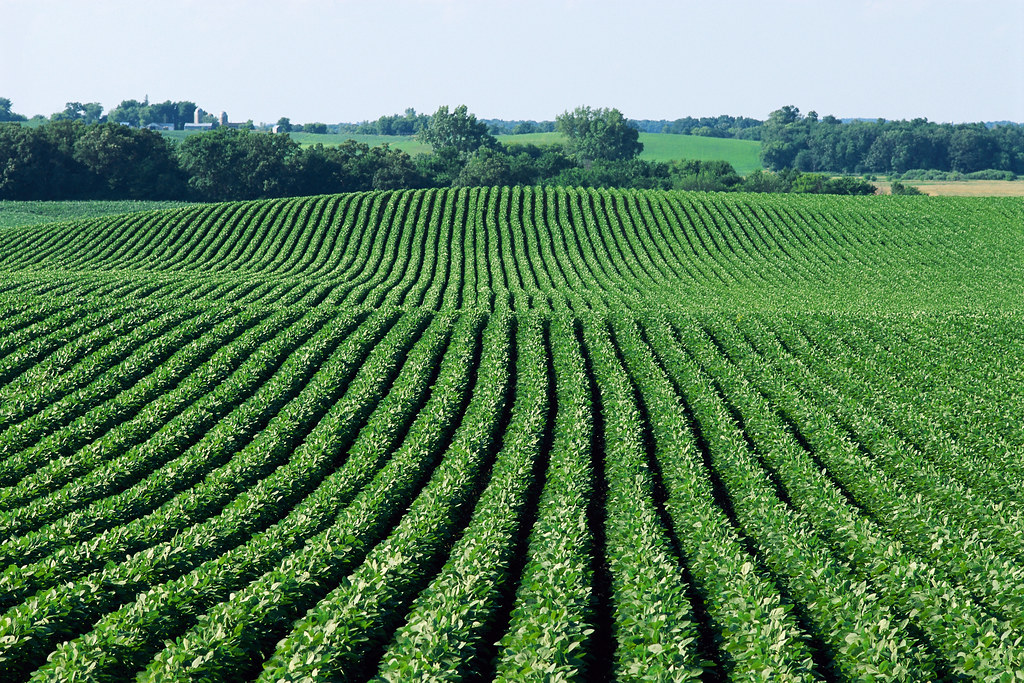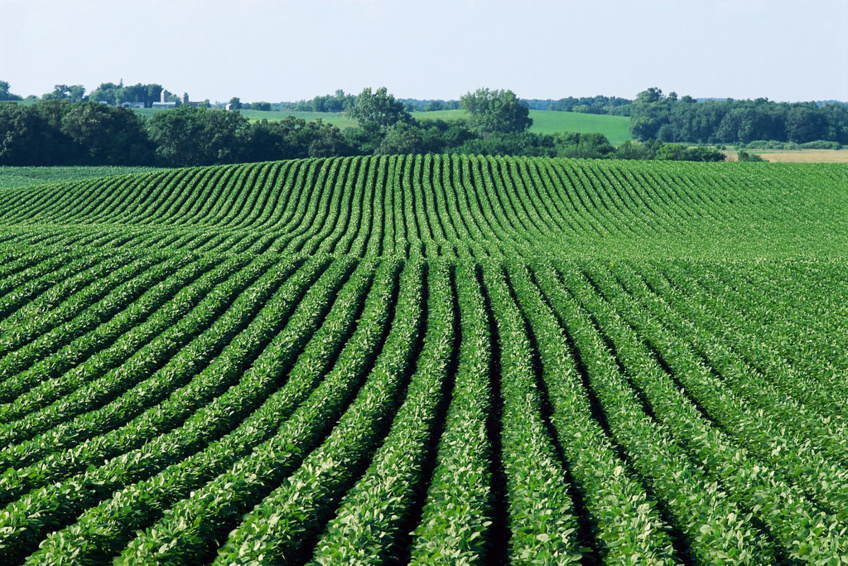Hormel Foods, and Target along with MBOLD, a coalition of Minnesota-based food and agriculture business leaders and innovators, have joined forces to support an innovative agriculture pilot project which aims to improve soil health practices, improve water and air quality, sequester greenhouse gasses and increase farmland profitability.
MBOLD served as the catalyst to bring the organizations together.
In total, Target and Hormel Foods will provide $1.7 million to farmers for participating in the pilot project and adopt practices which includes cover cropping, reduced tillage and nutrient management.
The project aims to enroll up to 50,000 acres.
The pilot project, part of the Ecosystem Services Market Consortium’s (ESMC) effort to launch a nationwide marketplace for agricultural carbon and water credits in 2022, is led by The Nature Conservancy (TNC).
The program builds engagement with prospective purchasers of carbon and water credits to measure and demonstrate the impact of soil health practices on water, air and carbon sequestration.
“We will show how farmers, food companies and consumers can advance regenerative farming practices in a quantifiable and economical way,” said Leif Fixen, agriculture strategy manager for TNC in Minnesota. “There is increased demand across the supply chain for soil health practices as these changes are required to sustain our ag economy and environment into the future.”
Programs that make soil health practices more financially accessible to farmers are important since food systems across the globe are becoming increasingly stressed.
“Hormel Foods is eager to support and engage with growers to accelerate the adoption of regenerative agriculture practices and help strengthen Minnesota’s economy, environment and quality of life,” said Mark Coffey, group vice president of supply chain for Hormel Foods.
“We are committed to protecting water quality, reducing water use and improving our renewable energy sources, as we recognize the importance of these actions in helping to mitigate climate change.”
According to a report from TNC, Minnesota’s farms have the potential to sequester 10.5 million metric tons of CO2e per year, presenting a huge opportunity for carbon credit producers and buyers in Minnesota.
This effort has the potential to improve the health of Minnesota’s water bodies including, streams, lakes and rivers. Cover crops have the potential to improve a farm’s water storage potential while reducing erosion and nutrient runoff. This will have a big impact in Minnesota since currently only 4% of farms in the state using them.
“MBOLD helped unite participants across multiple sectors behind this important investment. By partnering across the value chain from grower to food company to retailer, we can support agricultural innovations that work for farmers, businesses and our environment,” said JoAnne Berkenkamp, managing director of the MBOLD coalition.
“It’s a great example of how Minnesota leaders are working together to tackle major challenges facing food and agriculture.”


 Minnesota’s food agriculture business leaders innovators collaborate to improve soil health practices, improve water, air quality, sequester greenhouse gasses and increase farmland profitability
Minnesota’s food agriculture business leaders innovators collaborate to improve soil health practices, improve water, air quality, sequester greenhouse gasses and increase farmland profitability





 Companies
Companies